Contents
Guide

Advance Praise for
The Seven Necessary Sins for Women and Girls
Mona Eltahawys The Seven Necessary Sins for Women and Girls is shocking, brave, gloriously unfeminine, and right on time. This global MeToo is the ultimate and intimate TimesUp for patriarchy. Reading it will free you, and acting on it will free us all.
GLORIA STEINEM , writer and feminist activist
Mona Eltahawy reminds me that when I was young we called it womens liberation: she is here for your liberation and that of every woman and girl, from Nunavut to Namibia. The Seven Necessary Sins for Women and Girls is a manifesto book that exhorts and advocates for more confidence, more clarity, more of a sense of value and rights, more pleasure and joy for women. With its gloriously energetic, rampaging prose, it also inspires those things, because good things are also contagious.
REBECCA SOLNIT , author of Men Explain Things to Me
The Seven Necessary Sins for Women and Girls is an incendiary, searing manifesto by one of the most important feminist activists of our time. Mona Eltahawy writes with urgency and passion about women around the world, calling on us to banish self-doubt and shameall the traits that so many have been taught from childhoodand heed her battle cry against the patriarchy. She has written a wildly inspiring, brave book that commands our attention.
LETA HONG FINCHER , author of Betraying Big Brother: The Feminist Awakening in China
The Seven Necessary Sins for Women and Girls is a clarion call to action and a declaration of independence from patriarchal oppression. It is an homage to the girls we were and the girls we could have been. Mona Eltahawy writes with bracing wit and fierce intelligence, with unapologetic fury and an expansive heart. In these pages you will find yourself again and again, and you will see who you can become. This book is fucking brilliant.
MAAZA MENGISTE , author of The Shadow King
The world-renowned feminist anarchist Mona Eltahawy returns with her incredibly direct and fiercely intelligent writing in this ever timely feminist guide from the future. A future where we are all free. The Seven Necessary Sins for Women and Girls is a book for those who dont wait for permission.
MARWA HELAL , author of Invasive species
ALSO BY MONA ELTAHAWY
Headscarves and Hymens:
Why the Middle East Needs a Sexual Revolution

Make your heart too rebellious for patriarchy
to plant itself within you.
Make your mind too free for fascism
to chain your imagination.
INTRODUCTION
Defying, Disobeying, and Disrupting the Patriarchy
I WROTE THIS BOOK with enough rage to fuel a rocket. I knew I had to write it while I was still high on the glory of beating up a man who had sexually assaulted me. Who was this woman I had become, who looks men in the eye, seizing their gaze with my fury until their fear tells me they understand not to fuck with me? I wanted to figure her out. For years I had been shedding shame and gaining fury. For years I had been thumping away at patriarchy, like a piata hanging tantalizingly just out of reach. It was stubborn, but my tenacity and ferocity became my ladder. This book is my instruction manual for smashing that piata.
Once upon a time, in 1982, I was a fifteen-year-old girl sexually assaulted twice at Islams holiest site in Mecca, Saudi Arabia, as I performed hajj, the Muslim pilgrimage that is the fifth pillar of Islam. I had never been sexually assaulted before, and I froze and burst into tears. I was ashamed and traumatized, and, most crucially, I was silent.
It took me years before I could tell anyone what had happened when I was on my first hajj. I did not know of the writer and poet Audre Lordes work when I was assaulted, but as my feminism grew, I began to understand what she meant when she said, Your silence will not protect you. And so I began to speak. The first time I shared my hajj story it was with an international group of women in Cairo. An Egyptian Muslim woman took me aside and warned me to stop sharing what had happened in front of foreigners because it would make Muslims look bad. I told her it was not I but the men who assaulted me who make Muslims look bad.
The next time I spoke publicly about my assault it was in Arabic on an Egyptian prime-time television show in 2013. The segment producer told me I was the first person who had ever shared a story like this on Egyptian television. It was such a taboo that he was lucky he still had a job after the backlash that followed. As I continued to quietly share with fellow Muslim women my experience of sexual assault during the hajj, the stories started to flow, with more and more women saying, Me too! All those years of silence were for the same reason: we thought it was impossible that anyone else had gone through a violation at such a sacred place. I also had to mature into the understanding that the men who assaulted me had abused the sanctity of a sacred space to ensure the silence of their victim. They knew that no one would believe me.
I wanted a permanent record of what had happened to me, so I wrote about my sexual assault in my 2015 book Headscarves and Hymens: Why the Middle East Needs a Sexual Revolution. Muslim women from all over the world wrote to tell me that reading about my experience made them cry. Two years later, as Muslims from around the world were again preparing to converge on Mecca for the hajj, I posted a series of tweets about being sexually assaulted during the pilgrimage because I wanted to warn fellow Muslim women. Until the Saudi authorities who administer the holy sites take concrete steps to ensure that female pilgrims can perform pilgrimage free from sexual harassment and assault, we must protect each other. And so there I was, at my computer in February 2018, sharing once again that I had been sexually assaulted twice during pilgrimage in 1982 to support Sabica Khan, a Pakistani woman who had shared on Facebook her own assault in Mecca. I asked fellow Muslim women who felt safe enough to share their own experience of sexual harassment or assault either while performing hajj or in a Muslim sacred place. I added a hashtag to my post: #MosqueMeToo. Over two days my Twitter thread was retweeted and liked thousands of times. It was shared in Indonesian, Arabic, Turkish, French, German, Spanish, and Farsi. I had never before seen such a response.
At first men demanded, Why didnt you make more of a fuss? Soon after, men went into full-gaslighting mode: anything to persuade me I had not experienced what I had experienced or else questioning my character as a way to undermine my story. I could write a whole other book called Things You Will Hear When You Say Youve Been Sexually Assaulted. Observe:
 You are too ugly to be sexually assaulted.
You are too ugly to be sexually assaulted.
 You are being paid to say this.
You are being paid to say this.
 You just want to be famous.
You just want to be famous.
 You just want attention.
You just want attention.

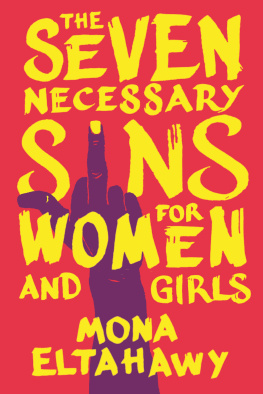
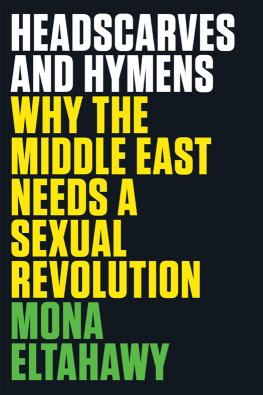
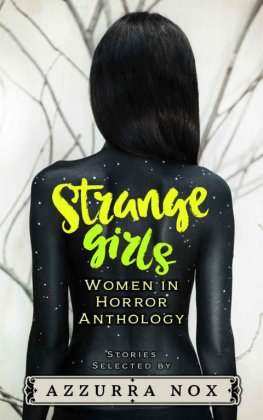

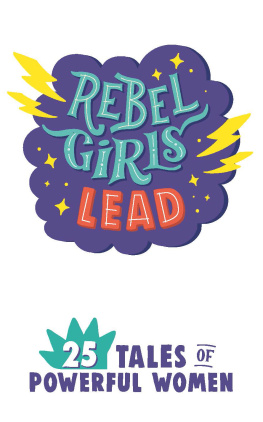
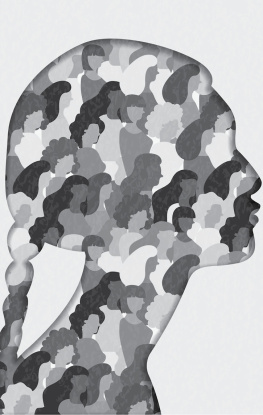
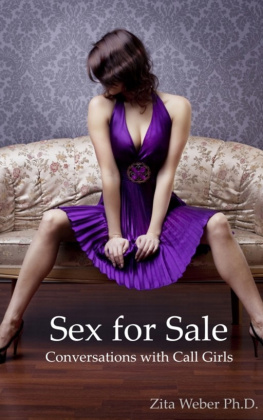
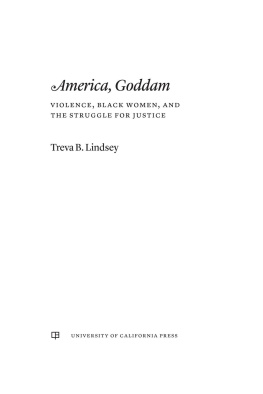
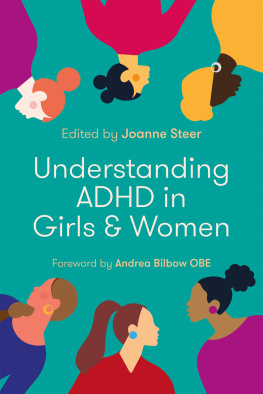
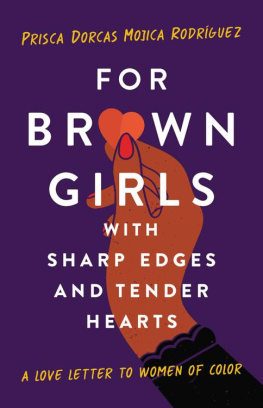
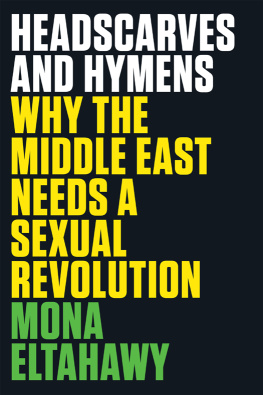
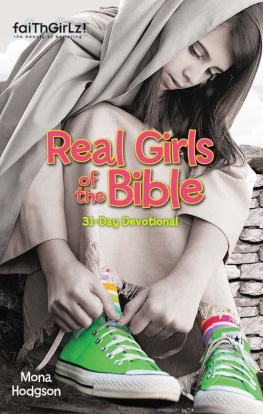


 You are too ugly to be sexually assaulted.
You are too ugly to be sexually assaulted.